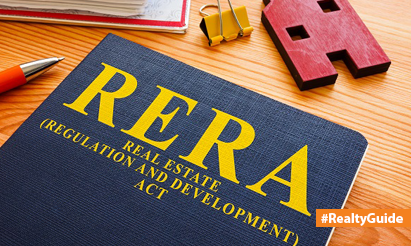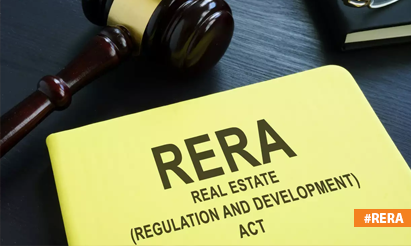Understanding the Rules for Token Money in RERA
In the dynamic world of real estate, where transactions involve significant financial commitments, understanding the rules and regulations is paramount. The Real Estate (Regulation and Development) Act, commonly known as RERA, has been a game-changer in bringing transparency and accountability to the real estate sector in India. In this comprehensive guide, we will delve into the rules for token money under RERA, exploring the nuances, implications, and safeguards provided by this crucial legislation.
- Token Money: A Prelude to Real Estate Transactions:
Token money serves as a preliminary step in real estate transactions, signifying the buyer’s serious intent to proceed with the purchase. It is a nominal amount paid by the buyer to the seller as a gesture of commitment. However, with RERA in place, the rules surrounding token money have undergone significant changes to protect the interests of both buyers and developers.
- RERA and its Significance in Real Estate Transactions:
The Real Estate (Regulation and Development) Act, enacted in 2016, brought about a paradigm shift in the real estate sector. RERA aims to regulate the real estate market, promote transparency, and safeguard the interests of homebuyers. Understanding the role of RERA is crucial for anyone involved in real estate transactions in India.
- Token Money and RERA Compliance:
Under RERA, developers are required to register their projects with the respective state’s Real Estate Regulatory Authority. The legislation imposes strict regulations on financial transactions, including the acceptance of token money. We will explore the specific provisions of RERA that govern the collection and handling of token money by developers.
- Maximum Limit on Token Money:
RERA places a cap on the maximum amount of token money that can be collected from homebuyers. The legislation aims to prevent developers from demanding exorbitant sums as token money, thereby protecting consumers from financial exploitation. We will delve into the stipulated limits and their implications for both developers and buyers.
- Refund of Token Money: Safeguards for Homebuyers:
One of the significant advantages of RERA is the protection it provides to homebuyers, including provisions for the refund of token money. In cases where a buyer decides not to proceed with the purchase, RERA outlines the conditions under which the token money must be refunded. We will examine the specific scenarios and safeguards embedded in the legislation.
- Interest on Delayed Refunds: Holding Developers Accountable:
To discourage undue delays in refunding token money, RERA includes provisions for developers to pay interest on delayed refunds. This serves as an additional layer of protection for homebuyers, ensuring timely and fair treatment in financial transactions.
- Escrow Accounts: Ensuring Financial Integrity:
RERA mandates the use of escrow accounts to manage the funds collected from homebuyers, including token money. This mechanism ensures financial transparency and prevents developers from diverting funds meant for specific projects. We will explore how escrow accounts contribute to the financial integrity of real estate transactions.
- Legal Implications of Non-Compliance: Consequences for Developers:
Non-compliance with RERA regulations regarding token money can have legal repercussions for developers. From penalties to potential project delays, we will outline the consequences developers may face if they fail to adhere to the rules prescribed by RERA.
- Consumer Awareness and Rights: Empowering Homebuyers:
Empowering consumers with knowledge about their rights is a key aspect of RERA. We will discuss how homebuyers can leverage the provisions of RERA to protect their interests regarding token money and other financial aspects of real estate transactions.
- Challenges and Future Outlook: Evolving RERA Regulations:
As the real estate landscape evolves, so do the challenges and opportunities. We will explore potential areas of improvement in RERA regulations related to token money and how the legislation may adapt to meet the dynamic needs of the real estate sector in the future.
In conclusion, the rules for token money under RERA are designed to create a fair and transparent real estate ecosystem in India. By setting limits, enforcing refund provisions, and ensuring financial integrity through mechanisms like escrow accounts, RERA aims to protect the interests of homebuyers while fostering a conducive environment for developers. As the real estate sector continues to evolve, a deep understanding of RERA’s rules for token money becomes indispensable for all stakeholders involved in real estate transactions in India.




